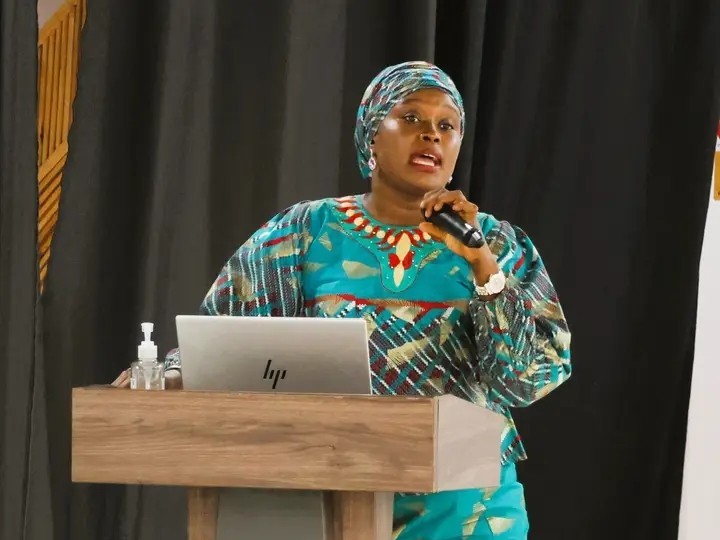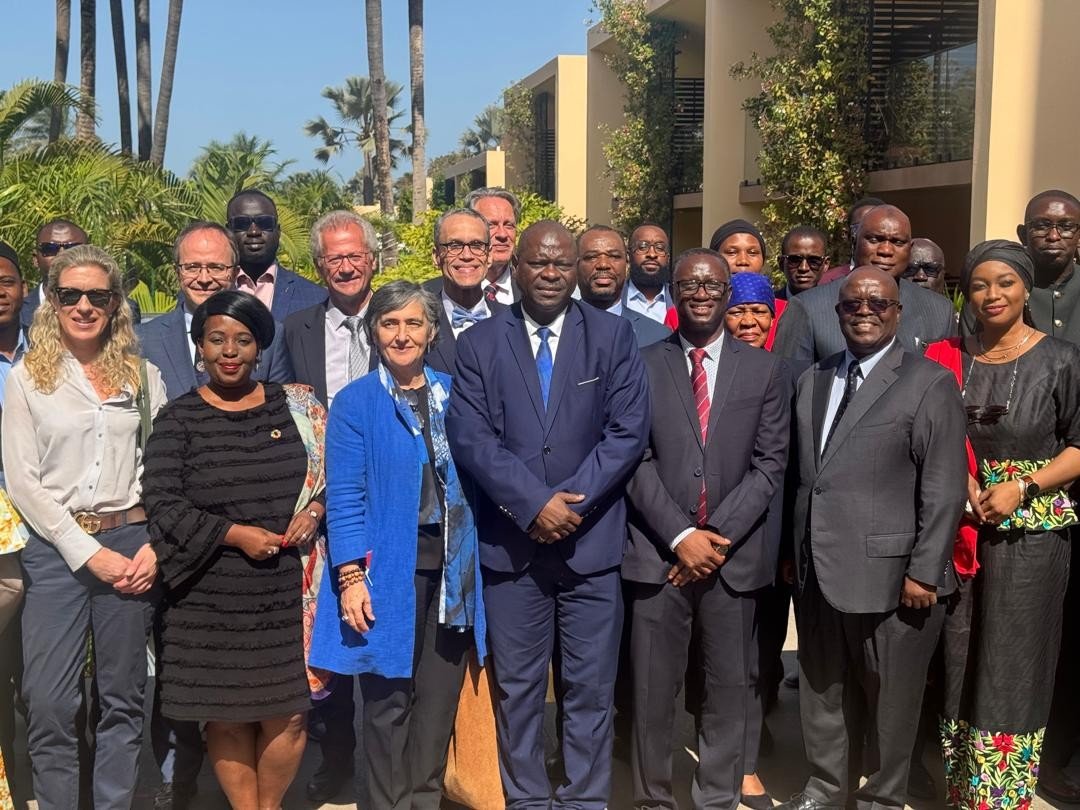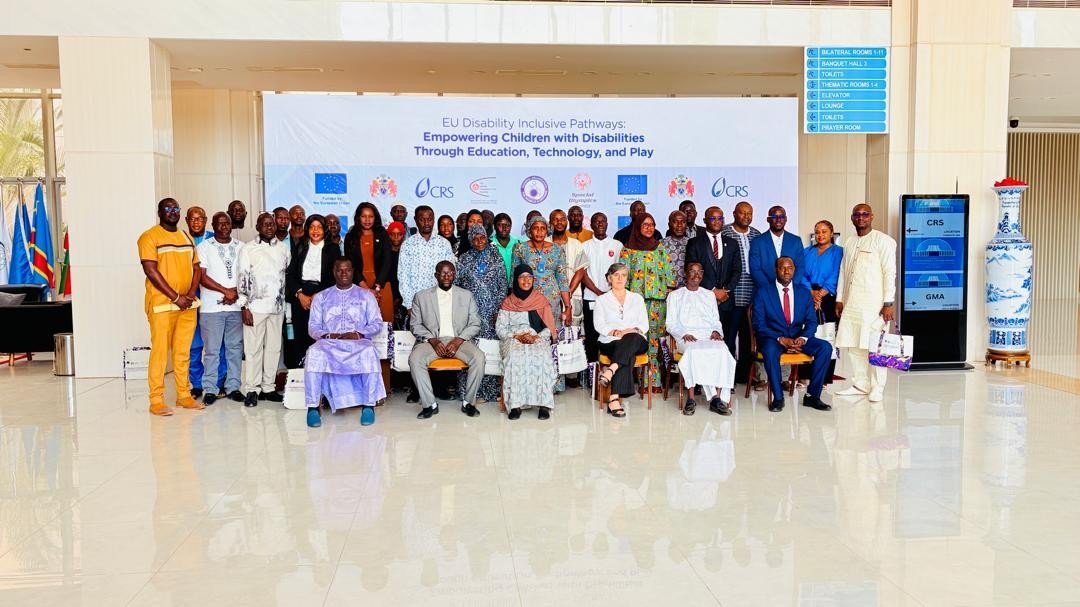Kaddy Janneh, Regional Gender Officer for the West Coast Region and Focal Person for the Women, Peace, and Security (WPS) agenda at the Ministry of Gender, Children, and Social Welfare, has delivered a comprehensive presentation on the design, implementation, monitoring, evaluation, and reporting of The Gambia’s National Action Plan (NAP) on WPS.
The presentation was delivered at a Training of Trainers session organised by the Kofi Annan International Peacekeeping Training Centre (KAIPTC) in collaboration with the Ministry.
The session was held to deepen participants’ understanding of NAP’s core components and the critical processes involved in its development and implementation.
Ms Janneh explained that the WPS agenda is grounded in strong international and regional legal and policy frameworks, which guide countries like The Gambia in advancing women’s participation, protection, and empowerment within peace and security efforts.
She emphasised that aligning the Gambian NAP with these global frameworks ensures compliance with international standards and opens avenues for technical and financial support from development partners.
She further noted that The Gambia’s NAP is designed to contextualize UN Security Council Resolution 1325 within the country’s unique socio-political and cultural realities.
“The NAP is developed through an inclusive, participatory process involving government ministries, civil society organizations, local communities, policymakers, and women’s groups,” Ms Janneh said. “This inclusive approach ensures both local ownership and the plan’s relevance.”
Regarding implementation, Ms Janneh emphasised that the Ministry of Gender, Children, and Social Welfare leads the process, working in partnership with civil society organizations, development partners, and various government institutions to achieve the plan’s objectives.
She also highlighted that reporting is a collective responsibility, involving input from the ministry, civil society, and other key stakeholders. The ministry compiles and submits annual reports to regional bodies such as the African Union (AU) and the Economic Community of West African States (ECOWAS) to ensure accountability and track progress.
In conclusion, Ms Janneh stated that the session provided participants with a comprehensive overview of the NAP’s structure and implementation while also addressing key successes, challenges, and opportunities for strengthening the WPS agenda at the national level.






